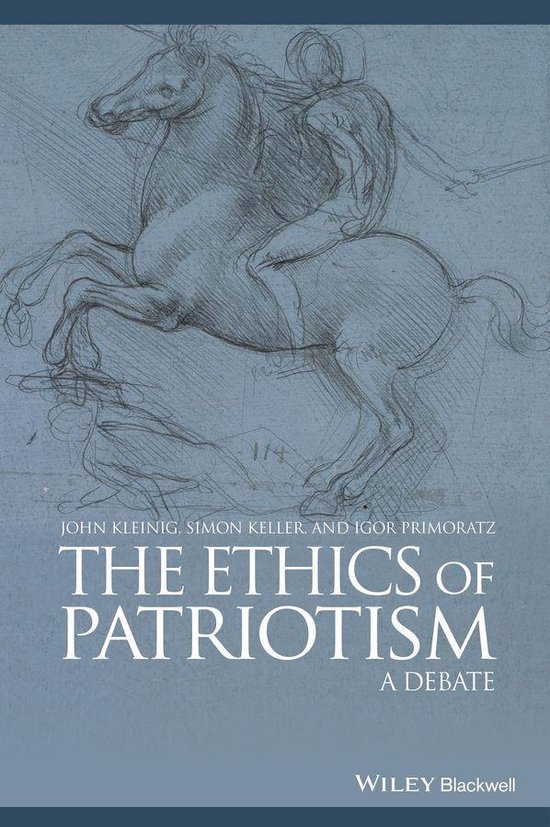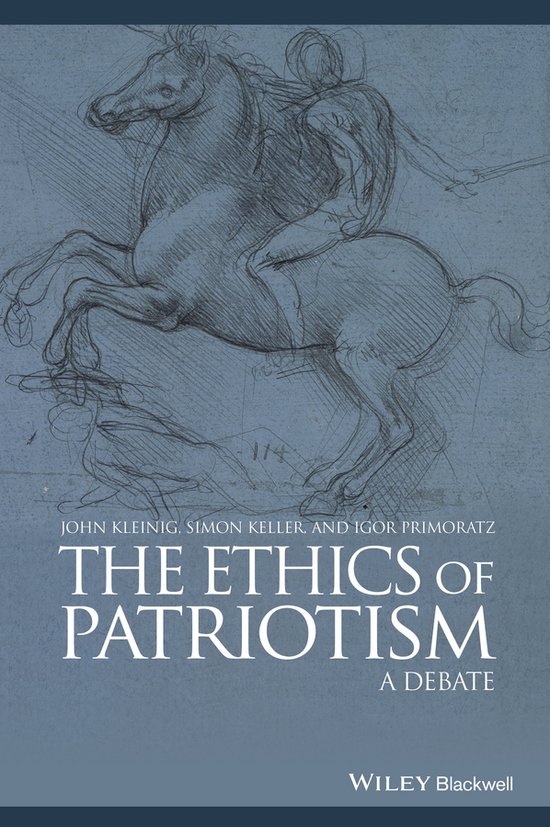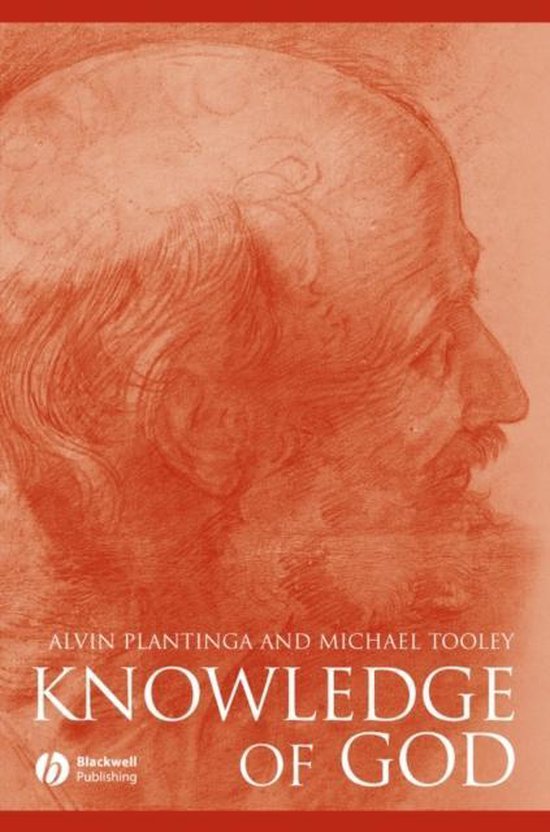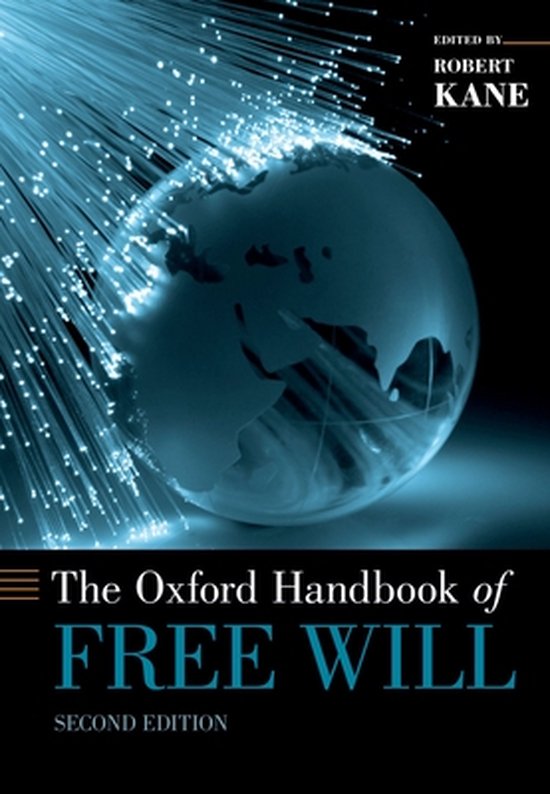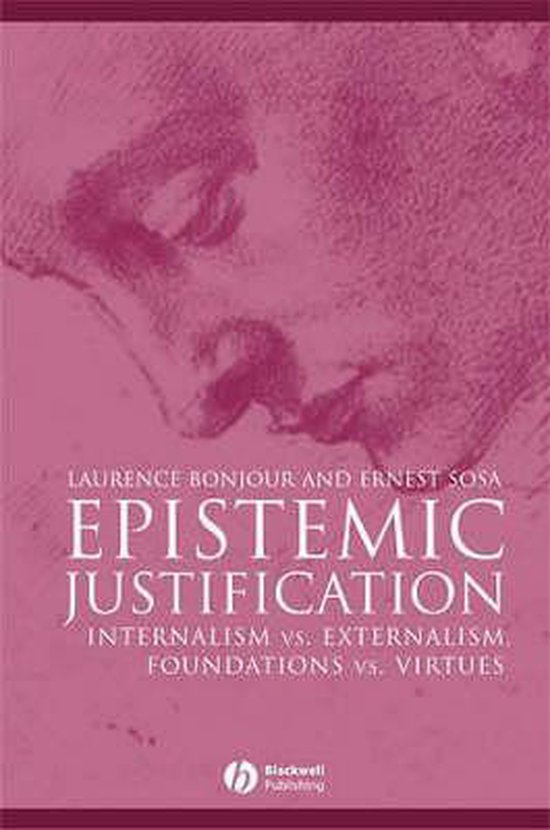
Epistemic Justification
Ever since Plato it has been thought that one has knowledge only if one has belief, one’s belief hits the mark of truth, and does so with adequate justification. The debate between Laurence BonJour and Ernest Sosa primarily concerns the nature and conditions of such epistemic justification, and its place in our understanding of human knowledge.
BonJour defends a traditional, internalist epistemology, according to which epistemic justification derives from the subject's taking what is given to his conscious awareness, and accepting claims or steps of reasoning on an a priori basis. Sosa defends an externalist virtue epistemology. He rejects the sort of internalist foundationalism favored by BonJour, while agreeing to put aside questions of knowledge and its conditions, in order to focus on epistemic, rational, justification. He accepts that a belief's having a reliable source is not enough to render it thus justified. The two comprehensive positions that are the antagonists in this debate represent syntheses of the main views that have been proposed with regard to the nature of epistemic justification. The confrontation between them throws light on significant and interacting aspects of the subject.
Ever since Plato it has been thought that one knows only if one's belief hits the mark of truth and does so with adequate justification. The issues debated by Laurence BonJour and Ernest Sosa concern mostly the nature and conditions of such epistemic justification, and its place in our understanding of human knowledge.
- Presents central issues pertaining to internalism vs. externalism and foundationalism vs. virtue epistemology in the form of a philosophical debate.
- Introduces students to fundamental questions within epistemology while engaging in contemporary debates.
- Written by two of today’s foremost epistemologists.
- Includes an extensive bibliography.
| Auteur | | Laurence Bonjour |
| Taal | | Engels |
| Type | | Paperback |
| Categorie | | Religie, Spiritualiteit & Filosofie |
